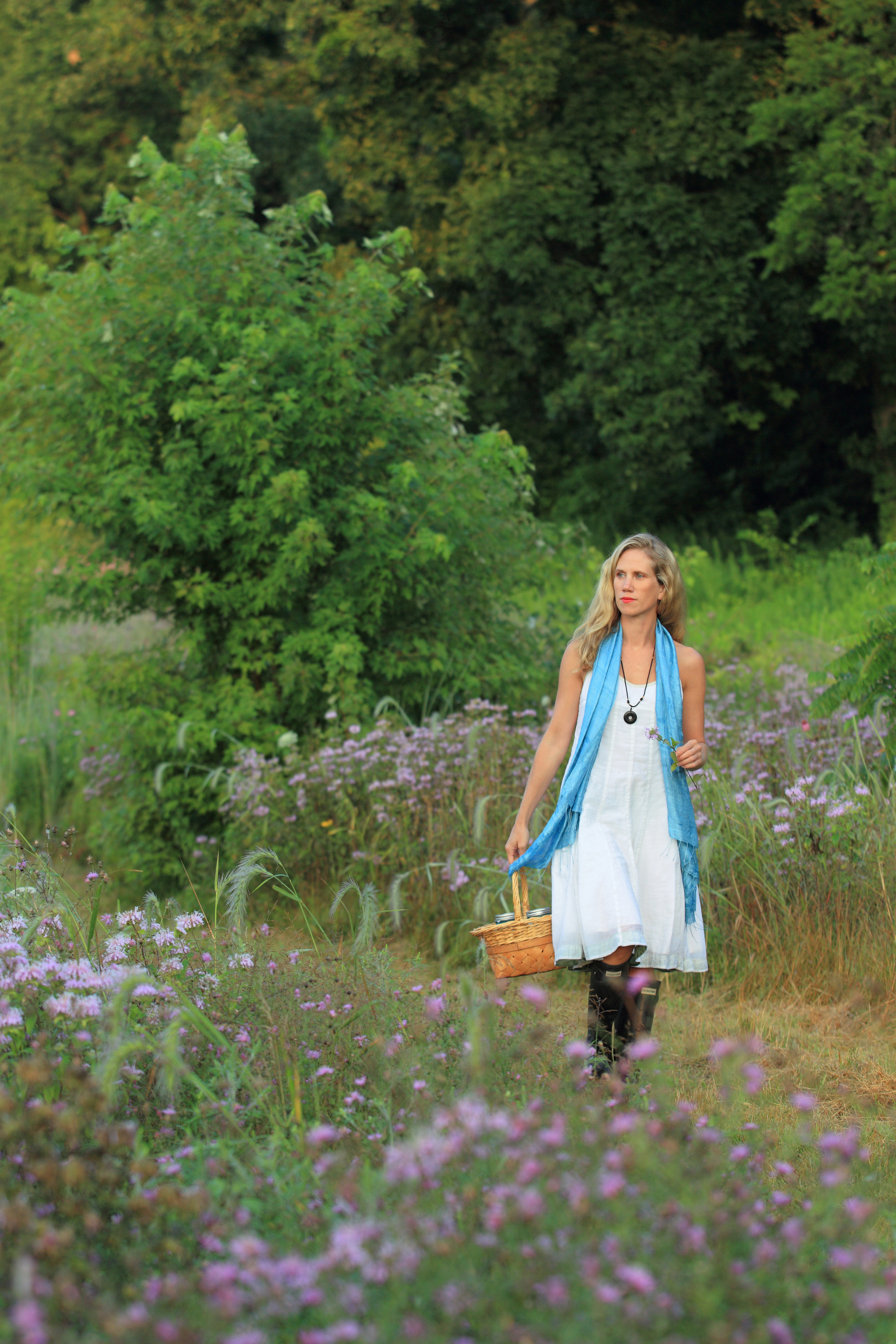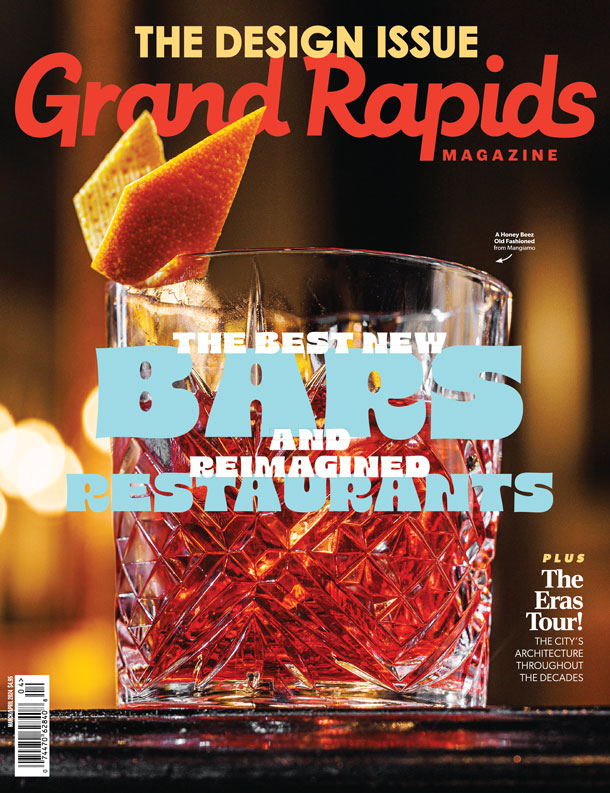As spring weather fills the air and flowers begin to bloom, many are once again enjoying the great outdoors. But why only admire the plants, when they could be used for something more?
Herbalist, forager and author Lisa Rose is an expert at using natural resources to make delectable dishes and herbal remedies.The Michigan native is no stranger to the outdoors and has been exploring since she was a young girl.
“I grew up just minutes from Lake Michigan, and the woodlands, dunes and fields along the lakeshore were my playground. My mother always kept a garden, but there were always wild foods as part of my upbringing, from sassafras to morels to wild grapes to feral apples and blackberries. These plants are part of my childhood memories,” said Rose.
It wasn’t until college that Rose realized her true passion for foraging.

“It was during university that I studied anthropology and the rise of agriculture in the Neolithic age, which solidified my love of food systems and ethnobotany. It’s been a passion of my life ever since, a calling even,” Rose said.
Her passion expands beyond simply making foods and remedies, but also, connecting with nature.
“For me, eating wild plants is foraging. Eating foods from the wild binds me to where I live: the lakes, rivers, animals, smells, sights, and sounds. Ingesting bits of the land make the place literally a part of you,” explained Rose.
Although Rose’s foraging senses came early in life, she encourages others to get started, no matter what stage they’re at.
“I think foraging wild foods is a skill that should be accessible to everyone, not an exclusive trend that is just featured in high-end markets. So, without getting into food justice issues, I like to make sure everyday people know how foraging and preservation can be tools to extend their family’s food budget and be healthful, too,” Rose said.
Rose understands it can be intimidating for people to start foraging, but she truly believes everyone can be successful and enjoy the endeavor.
“The good news is that wild plants are everywhere. You don’t need to plan a backcountry trip in the Tetons to learn how to become a forager. Even if you are a city-dweller, wild foods are all around us: dandelions in the park, basswood flowers on the trees lining the streets, nettles growing in the rose garden beds. The key is to know how to forage safely, from plant identification to knowing the plant’s soils,” Rose said.

Along with encouraging people to be foragers of food, Rose recommends learning how to create herbal remedies and medicines.
“Learning how to use wild plants as medicine can be as simple as learning how to use chamomile tea or catnip in first aid situations, or for colds and flus.” She added, “Knowing how to incorporate plants for everyday wellness is a helpful skill for the toolkit and is empowering.”
Her love for foraging goes far beyond the kitchen table and more than anything, Rose wants people to know the importance of using the world around them.
“The end goal of foraging actually isn’t gathering delicious wild edibles for a meal to grace your table, although it is certainly a great benefit. By adding wild edibles to the table, we start to value the wildness in our city neighborhoods and make space for the wild in our yards, gardens, play areas, parks and open spaces.”
Check out Rose’s favorite recipes, top tips and more at her website.
*Main photo by Johnny Quirin








Facebook Comments